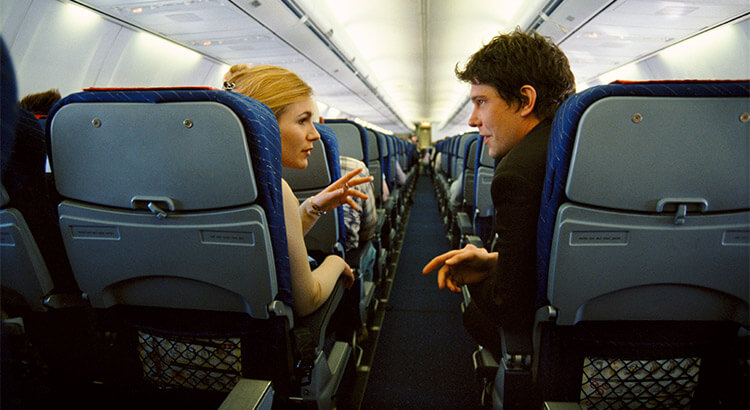There is a lot more to creating wealth than to just grow a bank account. Social capital is just as important, if not more, for our overall well-being. As the saying goes, “money doesn’t buy happiness.” The good news is, although we tend to go through our days avoiding opportunities to make social connections, they are much easier to come by than money is. And according to a study published by the University of Chicago, figuratively speaking, social connections do buy happiness.
The study by Nicholas Epley and Juliana Schroeder titled Mistakenly Seeking Solitude, explains how connecting with others increases happiness, but we are generally reluctant to interact with strangers.
Whenever on a plane, train, or bus, I will start a conversation with anyone and everyone. On one flight back to my home state of Vermont, I sat with a gentleman with tattoos covering nearly every inch of his body. We talked about his work, my work, his tattoos, and even got into the early life decisions that put us on contradictory paths only to arrive at very similar places. I don’t remember his name, but I do remember the feeling I got from sharing stories with him. It is an experience that brings me happiness every time I reflect on it.
I first heard about the work of Epley and Schroeder from a podcast where the host was interested in overcoming his own social anxiety. In an interview with Epley the host, comedian Shane Mauss, was encouraged by Epley’s statement that rarely, if ever, does someone regret being on the receiving end of a social interaction. His study concludes that it is not rational to worry about negatively impacting a person’s mood by saying hi, prompting small talk, or giving a compliment. All of these actions will only make that person’s day better, or at worst stay the same. Avoiding the social interaction might go as far as injuring your own well-being and at the very least is preventing you from adding to your social capital.
Mind you, we don’t have to share our life stories to make a social interaction worthwhile. Just acknowledging another’s presence is an improvement on how many of us generally interact, and a long flight is often a needed opportunity to relax. Since coming across this study I have made a deliberate effort to acknowledge those people around me as often as possible. I was a fairly extroverted individual before, but based on what the study has taught me, I have a new confidence in my interactions, and I’ve noticed the impact I have on others. I’ve found elevator rides to be less awkward, and I’ve graduated from basic small talk to compliments. Smiles are always returned, and some people leave with a skip in their step.
So the next time you are sharing space with a stranger, try going against your instinct. Start some small talk, extend a compliment, at the very least, smile. It can be contagious. And who knows, you may just start a chain reaction of positive interactions.
TC94688(0317)P

